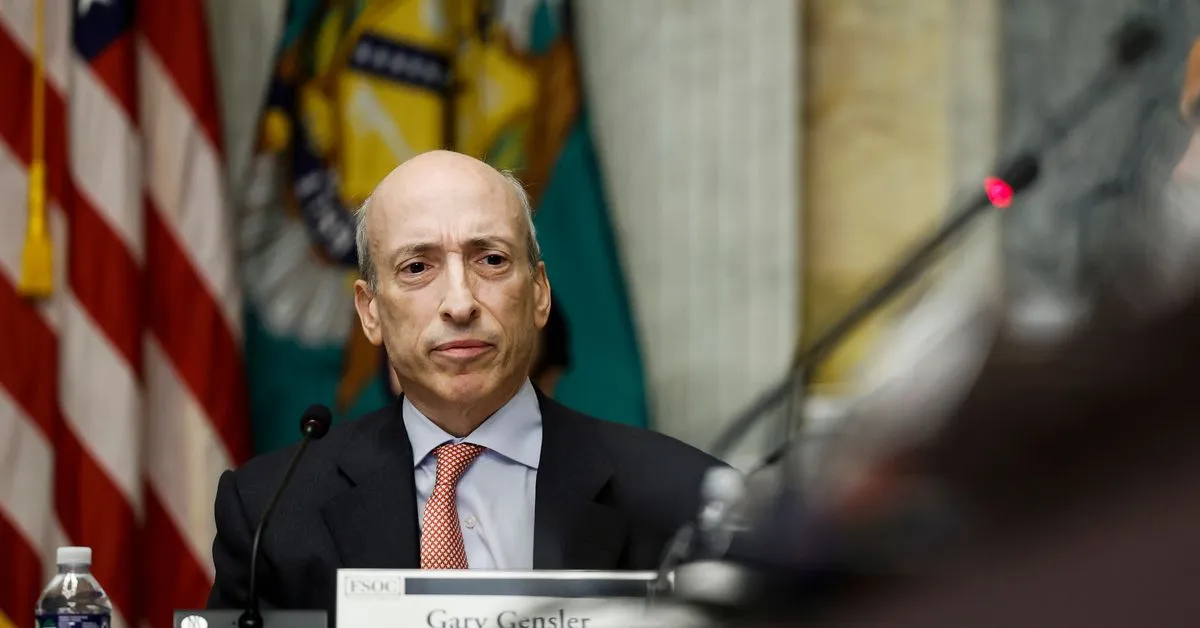The Securities and Exchange Commission (SEC) recently had a no-good, very bad day due to a district judge’s ruling in the SEC’s action against Ripple’s XRP token. Despite issuing a statement filled with bravado, the SEC likely knows how serious of a rebuke its overall approach to crypto received in a federal court. If the ruling holds, it could be the beginning of the end of SEC Chair Gensler’s regulation-by-enforcement approach to crypto assets.
The policy debate in Congress is advancing legislation to put a regulatory framework around crypto assets. John Rizzo, senior vice president for public affairs at Clyde Group and a former spokesperson for the U.S. Department of the Treasury, explains that the desire to bring crypto assets into a regulatory perimeter has long been supported by many Republicans and Democrats in Washington. The thinking was that crypto assets were here to stay and required regulatory frameworks that would mitigate risks.
However, some in D.C. sought to achieve a policy outcome of eradicating crypto. These forces sought to throw sand in the gears of any legislation bringing a comprehensive crypto regulatory framework into law by asserting that crypto assets were merely securities. The SEC’s regulation by enforcement spree remained untouched by the courts until now.
The district court’s ruling may force anti-crypto Democrats to accept a legislative agreement more permissive to crypto assets than would have been enacted during the previous Congress. Instead of a regulatory framework for crypto assets designed and passed by a Democratic Congress, Democrats may be forced to accept an agreement drafted by congressional Republicans on the House Financial Services Committee.
Far from achieving the end of crypto in America, the SEC’s attempt to cripple crypto in America may lead to a bipartisan regulatory framework that engrains crypto more deeply into the economy than once thought possible – a bad day for those who banked on a strategy of killing crypto assets in America, indeed, said Rizzo.
